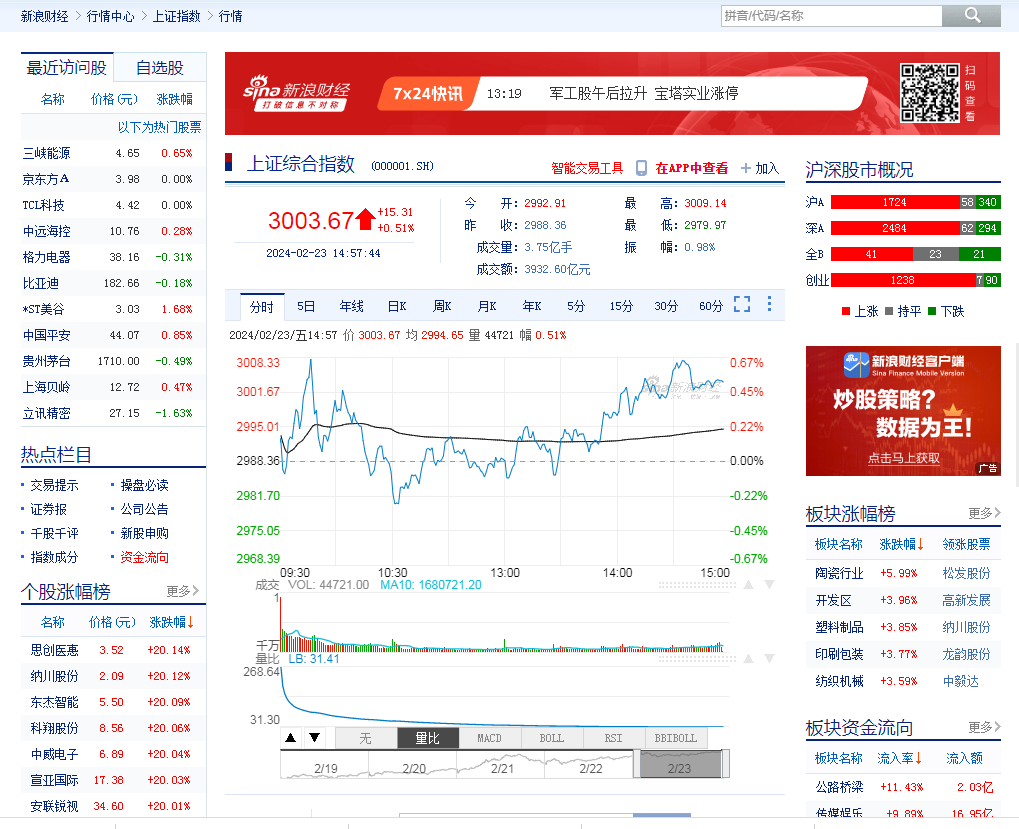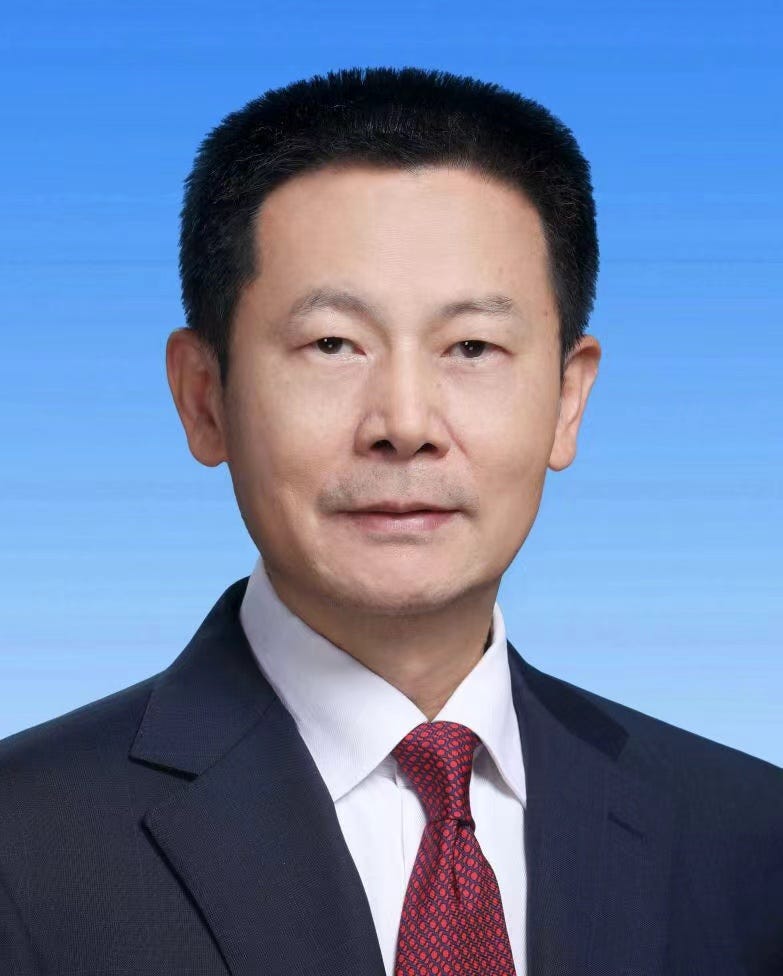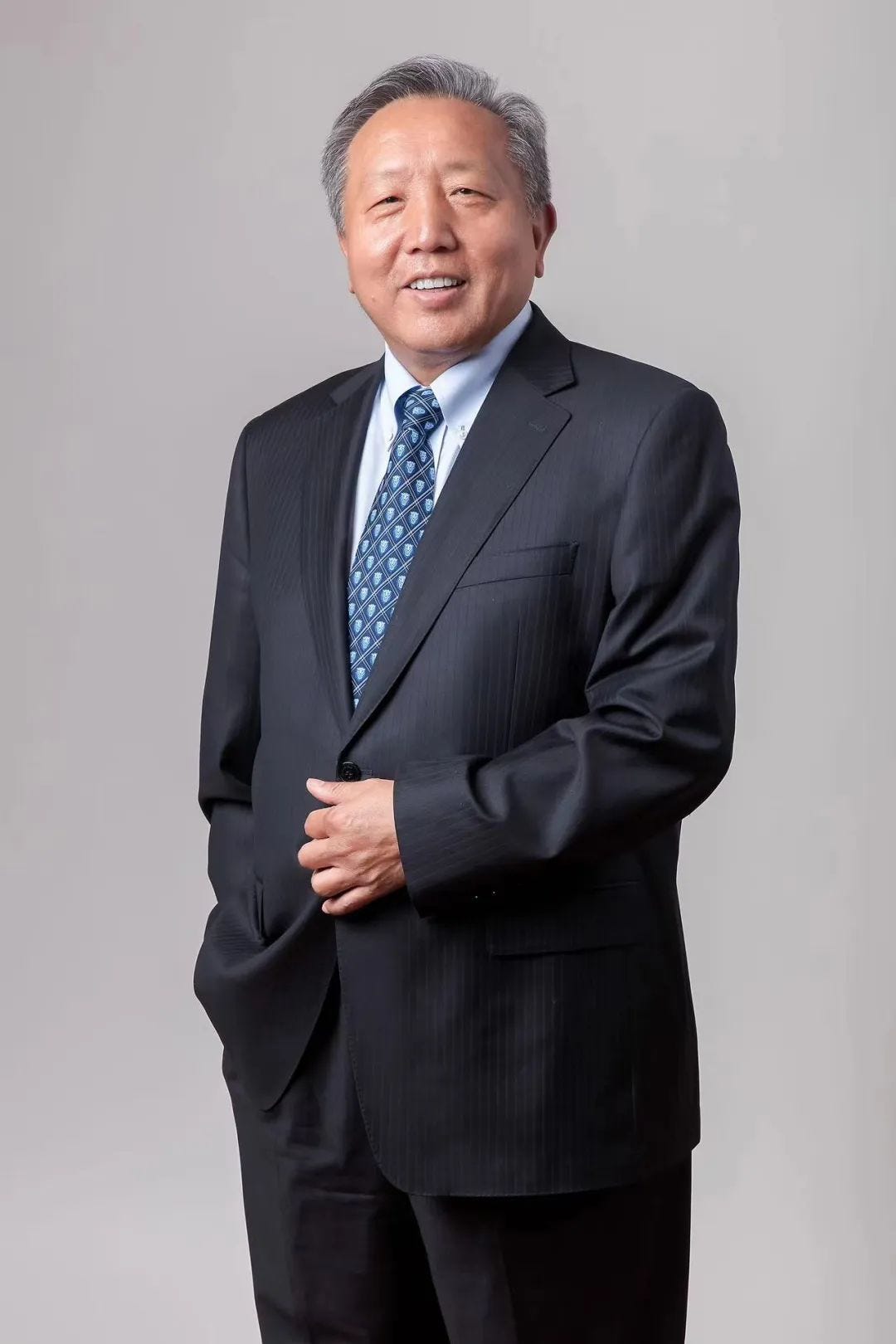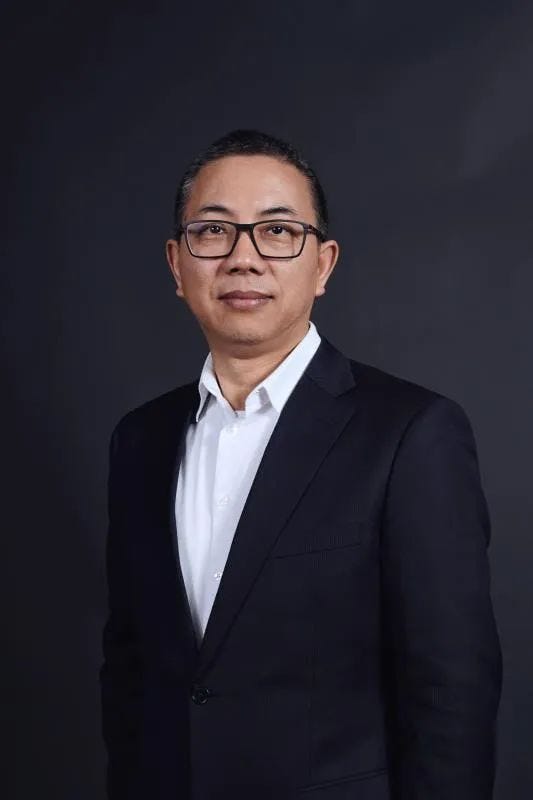China stocks start Lunar New Year trading on winning streak as supervision, risk control become buzzwords
Market's strong rally comes as nation's top securities regulator welcomed a new boss and held intensive symposiums aiming at capital market issues
The Chinese stock market has put up a winning streak since trading resumed following an eight-day Chinese Spring Festival holiday (Feb. 10-17).
Counting in the three days of sharp rises before the market went on a trading hiatus during the holiday, the market has since Feb. 6 maintained an upward trend, with the benchmark Shanghai Composite Index rising by nearly 11 percent and the Shenzhen Component Index up by more than 13 percent during the Feb. 6-22 period. On Friday, the Shanghai index opened 0.15 percent higher at 2,992.91 points and the Shenzhen index opened 0.34 percent higher at 9,074.61 points.
As the Chinese ushered in the Year of the Dragon, also known as Loong, a Chinese zodiac legendary creature traditionally viewed as bringing good luck and fortune, the market's week-long buoyant performance to some extent boosts investors' expectations of better investment returns in 2024.
In tandem with the market's rally, "supervision" and "risk mitigation" of late have become the buzzwords as the nation's top securities regulator, the China Securities Regulatory Commission (CSRC), welcomed a new boss and held intensive symposiums earlier this week to listen to the voices from different stakeholders on the sound development of the nation's capital market, and all these happened amid high-profile media reports of the regulator's crackdown on market malpractices.
Symposiums take aim at capital market
The CSRC's main leadership was adjusted on Feb. 7 when its new chairman Wu Qing took office just a few days before the Chinese Spring Festival. He reportedly worked overtime even during the holiday, and on Feb. 18 and 19, Wu and other CSRC leaders separately chaired 11 consecutive symposiums to extensively listen to opinions and suggestions from all walks of life on strengthening stock market supervision, risk mitigation, and the promotion of the so-called high-quality development of the capital market.
Analysts and pundits broadly viewed this series of symposiums as both very unusual and impactful in that the topics covered by these meetings were wide-ranging and in-depth.
Symposiums' participants. They included experts and scholars, small and medium-sized investors, listed and to-be-listed firms, as well as securities brokerages, fund companies, accounting companies, law firms, private equity, and foreign-funded institutions, among others. Wu himself also led a team to a securities brokerage company where he was reported to have communicated with more than 10 individual investor representatives for "quite a while", attentively listening to their opinions and suggestions on the stock market.
Main topics covered. According to the CSRC, the symposiums dwelled upon topics such as IPO access, supervision of listed companies, standardizing shareholding reduction and trading behavior, optimizing dividends, and promoting value investing. They also focused on other topics such as optimizing market value management, enhancing the strength of professional institutions, promoting long-term funds to enter the market, delisting mechanisms, and market openness and safety.
Opinions and suggestions from stakeholders. In a statement, the CSRC said that representatives attending these meetings discussed the hot-button issues that draw investors' great concerns, as well as institutional mechanisms and policy issues that restrict the long-term sound development of the capital market.
Participants unanimously say that the sound development of the capital market is directly related to the "money pockets" of hundreds of millions of Chinese investors and the overall economic and social development, thus, the capital market must be strictly regulated to gather strength and build confidence.
The CSRC summarized in the statement some main categories of suggestions from the participants, including:
To strictly control IPO access, strengthen the whole-process supervision of listed companies, resolutely clear out unqualified listed companies, fundamentally improve the quality of listed companies, and increase investment returns.
To adhere to the investor-oriented concept by standardizing various transaction behaviors and improving the system's fairness.
To develop and strengthen the capabilities of professional investment to attract more medium and long-term funds to invest in the market.
To adhere to marketization and rule of law, unswervingly deepen capital market reform, expand institutional opening, and consolidate the institutional foundation for the capital market's high-quality development.
Wu Qing, new head of the China Securities Regulatory Commission.
High expectations after Wu's big return to the CSRC
The CSRC website introduces Mr. Wu as born in April 1965 and holding a PhD in economics. He was vice Communist Party chief of Shanghai, China's financial center immediately before his latest transfer. However, the CSRC was not new to Wu. This transfer marked his third time working in the CSRC system. The Chinese 360 online encyclopedia says Wu had started his career as early as in his 20s in the CSRC. From May 2016 to December 2017, Wu was also chief of the Shanghai Stock Exchange. A veteran viewed by many with solid regulatory work experience, the CSRC's new chief has since taking office been under mounting pressure to rebuild confidence in a market that had been long in the doldrums with key indices hitting lows over the past two to three years.
The Shanghai Securities Journal reported that the market has high expectations for Wu's regulatory concepts and reform ideas for the market. Firstly, under Wu's leadership, a greater emphasis on capital market supervision is expected through straightening out the market system and mechanisms and improving regulatory efficiency. Secondly, in the past five years, the country's capital market has gone through a reform process with the registration-based IPO regime applied to the whole market after previous pilots. However, the reform process cannot be built well overnight because it still needs to overcome shortcomings by taking into account the market's endurance, investor protection, and the stock market's role in serving the real economy, and all these aspects pose challenges to the supervisory system's capabilities under Wu who faces a market that boasts 220 million individual stock investors and more than 700 million individuals engaged in fund investment. In the face of the market's sharp fluctuations, especially during a period before the Spring Festival, how Wu takes on the challenge of stabilizing the market and rebuilding confidence is in the limelight.
Key reforms anticipated
Home-based media outlets specialized in financial market reports have listed key reform areas of the capital market to be anticipated.
The first is to improve the quality of listed companies from the source, and focus more on strictly controlling IPO access. In the future, supervision and inspection of companies planning to be listed are likely to be strengthened while financial fraud and accomplices will face rigid punishment.
The second is to strengthen the whole-process supervision of listed companies. The CSRC is currently stepping up research on financial fraud punishment, dividends provision improvement, and the strengthening of market value management and other issues in hopes that the fraudsters and their accomplices will be so painful that they dare not do it again, and those who have not paid dividends or delayed payment of dividends for many years will be under increasing pressure to do so. Meanwhile, illegal stock price manipulation and insider trading behaviors will be targeted, and an exit mechanism will be optimized to facilitate companies' delistings when they do not meet requirements.
The third is to strengthen the supervision of securities brokerages and mutual funds companies. The CSRC is expected to improve the supervision mechanism for them in the market by leveraging both incentive and restraint tools to reward the good and punish the bad so that they, as important market players, focus on their main business, build up professionalism, and better serve their clients and the real economy.
High-profile crackdown on malpractice
Over the past week, the regulator's punishment announcements targeted at illegal trading behaviors drew market attention.
For instance, on Feb. 22, the CSRC announced fines to the tune of more than 100 million yuan (around 14 million U.S. dollars) for 11 individuals suspected of illegal practices including insider trading and market manipulation, the Securities Times, a national financial newspaper reported.
And on Feb. 19, the Shanghai and Shenzhen stock exchanges issued separate statements that named Lingjun Investment, a major quant fund, as an entity that had disrupted orderly market trading by selling an excessive amount of stocks worth more than 2.5 billion yuan within the first minute following the market's open, which led to a temporary sharp drop of key benchmark indices. The exchanges announced penalties for the company, including open censure and a restriction on trading for a stated period of three days. On Thursday, CSRC said that the exchanges were fulfilling their trading supervision responsibilities, rather than limiting share selling.
Experts’ takes on the Chinese stock market
Experts and economists who joined in the symposium discussions later also deliberated their views of the capital market operation and reform in interviews with the China Securities Journal, a national securities newspaper.
Wu Xiaoqiu, president of China Capital Market Research Institute
"The CSRC holding this series of symposiums at this time has reflected its high concern for the current situation and development of the capital market. Chairman Wu Qing is a capital market expert and has a thorough understanding of the capital market. The issue that everyone is most concerned about at the meeting is how to stabilize the market and stabilize expectations. We discussed how to further promote system reform and achieve the combination of short-term policies and long-term system construction. I think shifting from the financing-focused orientation to one that's more oriented to investment should be a very important task in the current capital market reform."
Tian Xuan, vice president of the Tsinghua University PBC School of Finance
Based on the main concerns of investors, improving the quality of listed companies and increasing investment returns are a major focus. In Tian's view, there are already institutional designs that are investor-oriented and promote investment returns, but the most important thing is to improve the quality of listed companies. "It is necessary to attract high-growth, high-tech companies to go public and enhance their investability; it is also necessary to strictly control IPO access, strengthen entire-process supervision of listed companies, and resolutely delist stocks from the market that do not meet requirements to promote the survival of the fittest in the market; it is also necessary to further show the combined power of criminal law and securities law by severely cracking down on financial fraud, fraudulent issuance, insider trading, market manipulation, and other illegal activities; it is also necessary to mount pressure on intermediaries to fulfill due responsibilities with market players such as signing lawyers, certified public accountants, sponsors, and others knowing that their actions will be held accountable if there is foul play.”
Peng Wensheng, Chief Economist and Head of Research at China International Capital Corporation Limited
"When the stock market falls into a negative cycle trap dominated by pessimistic expectations, active intervention measures need to be taken to end the negative cycle, and such intervention needs to be accompanied by the injection of base currency. Only the injection of base currency can permanently increase the supply of safe assets and lower the risk premiums of the market.”








